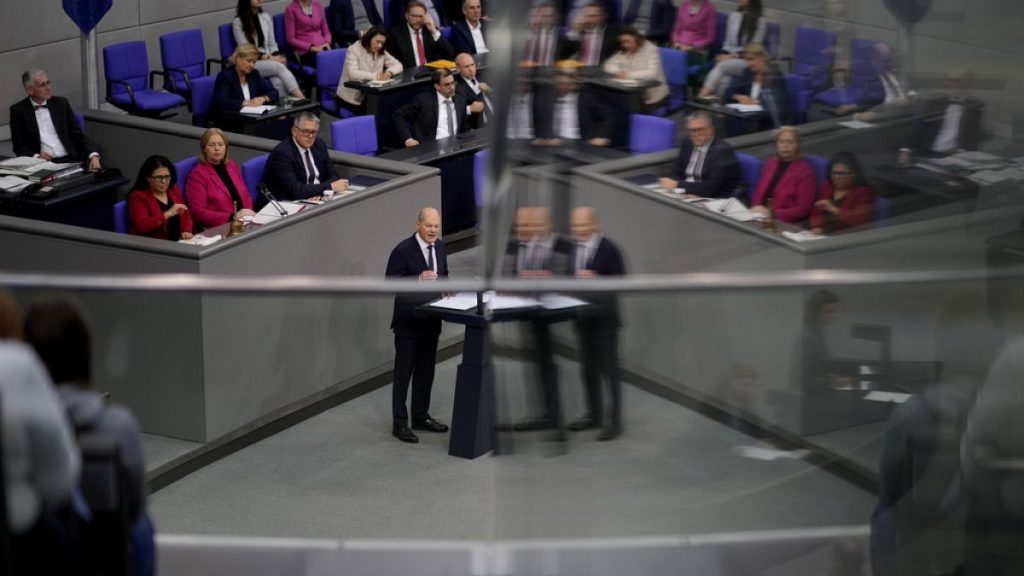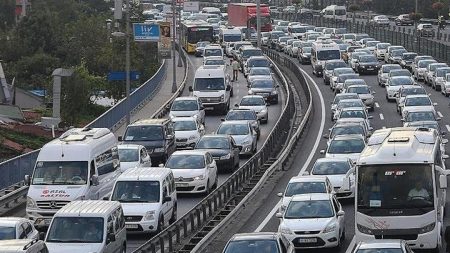In a recent Bundestag meeting following the collapse of Germany’s ruling coalition, Chancellor Olaf Scholz emphasized the need for compromise in order to keep the country functioning. The leader of the opposition, Friederich Merz, also used this opportunity to kickstart his election campaign. Scholz appealed to parliament to unify in order to pass key bills on tax reforms and child benefit, acknowledging that he would need the support of additional parties to push through government reforms. The collapse of Scholz’s three-party coalition came after he fired his finance minister Christian Lindner, leading to Lindner’s party withdrawing its ministers from the coalition. During his speech, Scholz defended his decision, calling it necessary and unavoidable.
The Christian Democratic Union (CDU), currently the largest opposition party in Germany, expressed willingness to work with Scholz but criticized him for attempting to simulate a majority he no longer has. Merz, the leader of the CDU, outlined key policy priorities including backtracking on current government climate policies, taking a different approach to migration, and boosting Germany’s status as a modern transport hub. He also firmly ruled out any possibility of working with the second-highest polling party, Alternative for Germany (AfD), as he positioned himself as a stark contrast to Chancellor Scholz, whose popularity has declined as part of an unpopular coalition government. The upcoming election in Germany, scheduled for 23 February, presents the CDU with a significant chance of winning power.
During the Bundestag meeting, various other parties presented their election bids, with the AfD’s candidate for Chancellor, Alice Weidel, outlining a 100-day plan if the party were to come into government. Weidel’s priorities include deporting undocumented migrants and reinstating Germany’s nuclear power stations. Greens minister Annalena Baerbock, standing in for her colleague Robert Habeck, who was delayed in Lisbon due to a plane issue, faced criticism from the AfD for Habeck’s use of air travel, contrary to the party’s environmentally friendly policies. Baerbock reiterated the government’s support for Ukraine and emphasized the importance of working with Europe in response to the new American presidency. Former finance minister Lindner expressed that Scholz does not seem attuned to the desires of the German public and commented on the political chaos resulting from his sacking, stating that sometimes being relieved of something can be freeing.
The fiery debate in the Bundestag highlighted the contrasting visions and policy priorities of the political parties in Germany as they gear up for the upcoming election. Chancellor Scholz’s call for compromise in light of the collapsed coalition was met with criticism and opposition from the CDU and other parties, with each presenting their own agendas for the future of the country. The prospect of forming a new coalition government after the election looms large, with various parties positioning themselves and ruling out potential alliances. The dynamic political landscape in Germany reflects the broader challenges facing the country, including issues such as climate policy, migration, and international relations, as they navigate through a period of transition and uncertainty. Ultimately, the outcome of the election and the subsequent government formation will shape the direction of Germany and its policies in the coming years.















